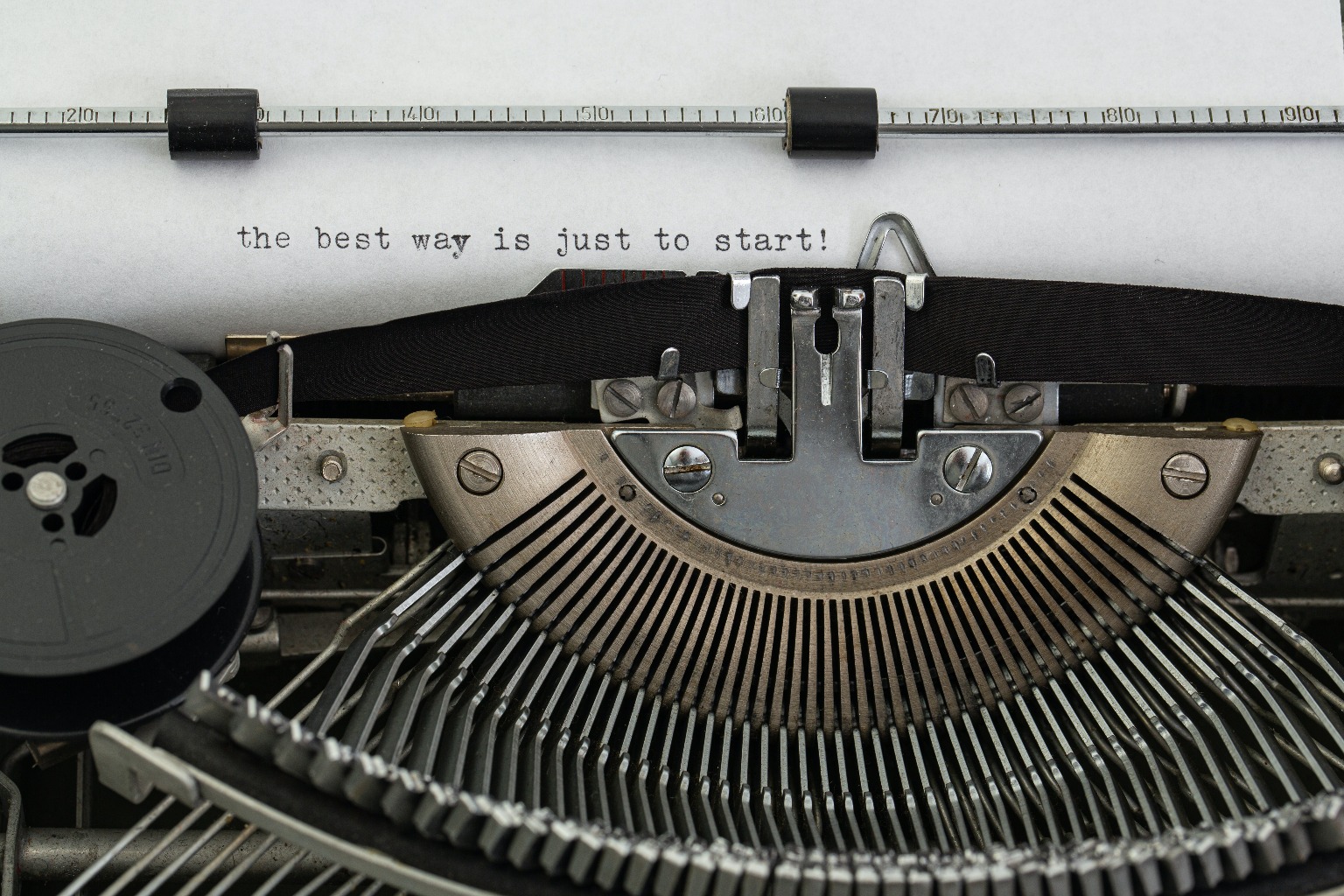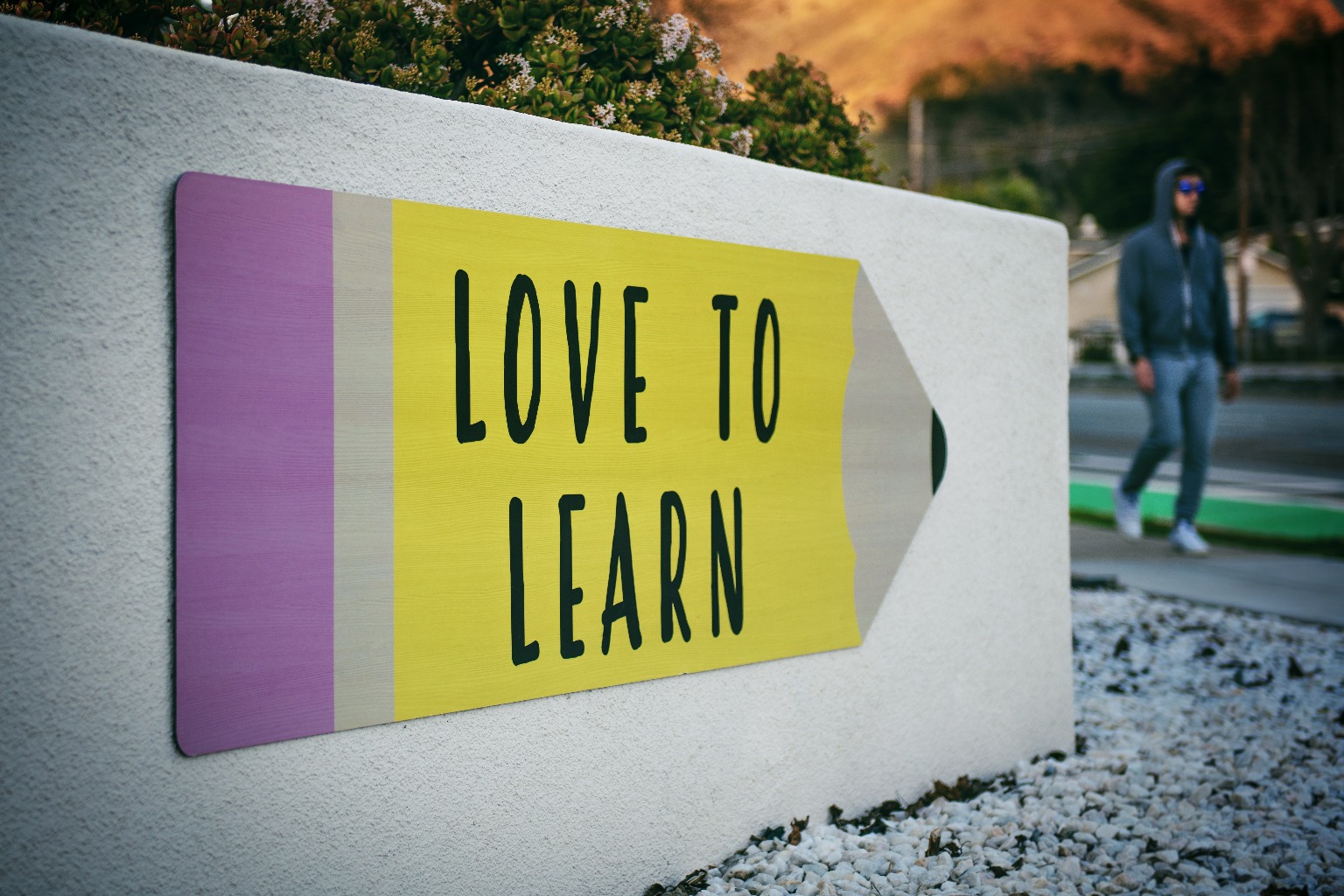
If you are a writer, you might be plagued by self-doubt, which is totally common. In my previous article on defeating self-doubt, I mentioned how even award-winning writers like Maya Angelou and Stephen King doubt their writing at times. That article got me thinking of another helpful trick to help you squash self-doubt: the growth mindset.
As a former English teacher, I am well-versed in how important the growth mindset is. Helping a student succeed through evidence-based psychological principles is powerful, to say the least. But you don’t have to be a teacher or a scholar to benefit from retraining your inner dialogue to change your mindset for the better.
Fixed Vs. Growth Mindset
If you’re not familiar with the growth mindset, here it is in a nutshell. Our minds have two outputs: fixed vs. growth. In the fixed mindset, we believe that our personalities, creativity, talents, intellect, etc., are static and that we can never change them. A fixed mindset also avoids failure at all costs to reassure ourselves we are talented and skilled in something.

A growth mindset, on the other hand, does the exact opposite. A growth mindset means that you know your talents can be developed through hard work, study, dedication, etc. Intelligence can be developed over time. When you embrace a growth mindset, even failure becomes a springboard for challenging your abilities.
To take a look at fixed vs. growth mindset, here’s a simple chart:
| Fixed Mindset | Growth Mindset |
| Intelligence is static | Intelligence can be developed |
| Gives up easily | Persists despite failure |
| Talent leads to success | Effort leads to success |
| Sees feedback as negative | Learns from criticism |
| Feels threatened by others’ success | Is inspired by others’ success |
| Avoids challenges | Embraces challenges |
In my classroom, I used posters to help remind students of how to shift their mindset when they were feeling frustrated. The charts would suggest helpful positive phrases instead of negative ones.
| Instead of thinking... | Try these instead! |
| I can’t do this. | If I keep learning and trying, I’ll be able to do it. |
| I’m terrible at this. | What can I learn to get better at this skill? |
| This is too hard. | If I practice, it will get easier. |
| They are better at this than me. | What can I learn from them? |
| This is good enough. | Is this my best work? |
| I give up. | I need to try a different approach to succeed. |
As writers, it’s all too easy to slide down the slippery slope of comparison, especially on social media. The next time you’re sitting down to work on your next chapter or craft a brilliant story but you’re feeling doubt, try printing out some growth mindset charts and hang them in your space. Our minds are what limit our potential, so let’s keep them open and flowing with creativity!
So now that we know what the growth mindset is, let’s see how it can help us as writers.
You will always keep learning.
Since the growth mindset teaches us to keep learning and trying even when we fail, we will always strive to be better writers. Your inner voice won’t say, “I’m terrible at this, I quit!” Instead, you’ll keep writing, reading, studying the craft, and studying other authors. You’ll never regret the time you spent doing so.

I have spent hours and hours reading short fiction and short story writing tips to improve my flash fiction skills since my background is in poetry. I was feeling rather bored with poetry and loved reading short fiction, and I had a desire to write it. At first, I felt like I was terrible at writing prose and I had no good ideas. But after a lot of reading and studying the craft of flash fiction, I’ve had six pieces published so far, and this is only the beginning! Read, study, learn. The time spent will be a great investment, trust me.
You’ll know effort (and frustration) is a part of the growth process.
As writers, I think we can fall into the trap of thinking “If I’m not immediately good at a new skill, I must not be talented.” As a former teacher of gifted academics, I always had to reassure my students (and parents) that the struggle was actually a good thing because it means you’re being challenged and learning new things. If everything came easily, we would never be challenged, and we would never grow as writers (or as people in general).

Does writing a novel feel uncomfortable? Is crafting a poem or short story out of your comfort zone? Great! You know what that uncomfortable feeling is? Bravery. It takes bravery to try something new, especially if you’re not good at it right away. That feeling isn’t permanent, and you’ll work yourself out of that frustration zone with each new piece you write.
You’ll stop comparing yourself to others.
This is a big one, dear authors. Social media has made comparison a contagious disease, but a growth mindset is the cure. Instead of reading Philip K. Dick or Ursula K. LeGuin and lamenting that you’ll never be that good, remind yourself that these writers have years of experience on you. Study other authors to learn from them, not to compare yourself to them.

So when we compare our writing to someone who has written dozens of novels and had years of experience, we’re comparing apples to oranges. There is only one person you should compare yourself to—and that is you! Revisit your old writings and look at how much you’ve grown. Compete with yourself, and you’ll gradually improve your writing over time. There’s no rush. Flowers grow at their own pace, and so should you!
You’ll welcome criticism and feedback —instead of fear it.
In a fixed mindset, criticism feels like a personal attack because it feels like your abilities are being evaluated and falling short. With a growth mindset, you’ll realize feedback is essential to growing as a writer. Feedback isn’t inherently negative. It’s provided to improve your skills so you can explore your full potential.

Without feedback from my fellow Fictionate colleagues and my fiction critique partner, I feel my writing would have stagnated long ago. The feedback I receive is constructive and it helps me grow exponentially in my craft. You can read more here about the editing process and finding a critique partner.
You’ll learn the art of self-compassion.
Self-doubt only kills our motivation and decreases taking pleasure in our writing. There have been months where I didn’t write at all because I was paralyzed by my own restrictive self-talk. All I could think of were potential mistakes that I would no doubt make, the rejections, and I felt like I didn’t have any unique ideas to write about.

How did I get over that? One, support from my family, who keeps me up when I’m down; two, giving myself grace on days when my depression or anxiety keep the negative self-talk on a constant loop in my mind. Three, I had to tell myself that I couldn’t get any rejections if I never wrote anything, and a rejection is at least proof that I tried! Now with six published short stories (and more on the way), a new book of poetry, and other poetry publications, I can say I feel like I’m headed in the right direction.
A growth mindset doesn’t happen overnight. As with any kind of training, it takes time and dedication. Allow yourself to make mistakes and have bad writing days. What’s worse than a bad writing day? A day of not writing. That rejection email glaring at you from your inbox? It means you tried, and someone read your work. And just because one publication says no, doesn’t mean they all will (I submitted to three literary magazines before one of my favorite stories got published).
Keep writing. Keep reading. Keep moving forward. Don’t stagnate. And retrain your brain to tell yourself: I’ve got this. No matter what.